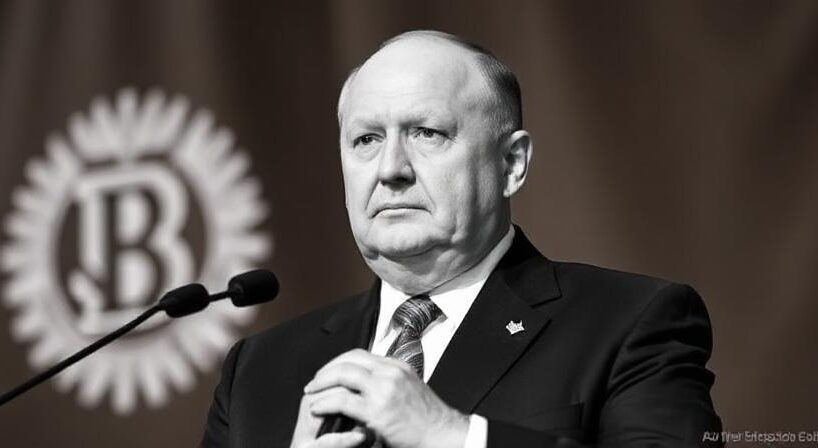
Belarus is preparing to overhaul its cryptocurrency framework after President Aleksandr Lukashenko sharply criticized his government for delaying much-needed oversight.
During a high-level government meeting on September 5, Lukashenko pressed officials to finalize long-awaited crypto rules, citing a recent state audit that exposed alarming gaps in regulation. According to the Belarusian Telegraph Agency, the inspection by the State Control Committee revealed that nearly half of all investments sent abroad by local crypto users fail to return — a statistic the president deemed unacceptable.
Lukashenko’s Ultimatum on Crypto Oversight
Lukashenko warned that the country could no longer allow “digital life to outpace the law.” He stressed that new regulations must prioritize not just compliance but also economic stability, security, and technological sovereignty.
The president’s remarks follow his earlier directives from 2023, when he first pushed for clearer rules on cryptocurrency platforms and cross-border investment flows. However, the lack of implementation has heightened government concerns about capital flight and financial risks tied to crypto activity.
From Hi-Tech Park to Broader State Oversight
Currently, Belarus’ Hi-Tech Park (HTP) — a special economic zone designed to boost IT and digital industries — is the primary body overseeing crypto activities under Ordinance No. 8 on the Digital Economy. While the framework has provided legal recognition for token issuance and trading, Lukashenko signaled it is no longer sufficient.
The president hinted at bringing in more traditional state agencies to work alongside the HTP, creating a hybrid system that blends innovation support with stronger enforcement.
Striking a Balance Between Security and Innovation
Lukashenko called for “transparent rules of the game and mechanisms for control” that would safeguard the state’s financial system while ensuring legitimate businesses and foreign investors can still operate in Belarus’ so-called “digital haven.”
The upcoming regulations are expect to define stricter requirements for registering crypto operations, enhanced monitoring of financial flows, and tighter cooperation with international financial watchdogs.
For Belarus, the challenge lies in balancing regulatory control with its ambitions to position itself as a hub for digital innovation. Whether the new framework reassures investors or discourages them remains to be seen — but Lukashenko’s message was clear: crypto must be brought firmly under state supervision.







